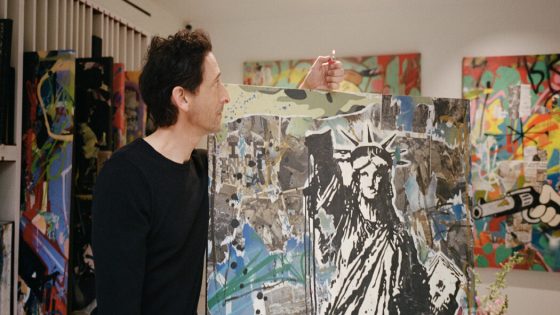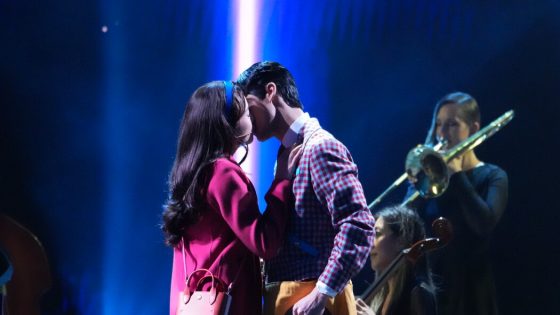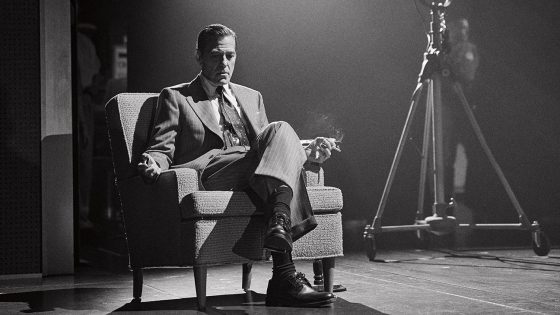In a surprising twist in the world of entertainment, a summer reading list published by The Chicago Sun-Times and The Philadelphia Inquirer has raised eyebrows. The list featured titles from renowned authors, but none of the book titles attributed to these literary giants were real, as they were generated by artificial intelligence. This incident, reported on 2025-05-22 12:58:00, highlights the ongoing challenges and implications of AI in creative fields.
- Summer reading list featured fictional book titles.
- Authors included notable names and bestsellers.
- Generative A.I. created the book titles.
- A.I. struggles with accuracy and truthfulness.
- Descriptions of books appeared believable.
Among the names listed were beloved authors like Isabel Allende and Min Jin Lee, alongside bestsellers such as Delia Owens and Taylor Jenkins Reid. While the descriptions of these fictional works seemed plausible, the revelation that they were AI-generated has sparked debates about authenticity in literature and entertainment.
This incident prompts US to consider: how much can we trust AI in creative endeavors? The blending of technology and creativity is fascinating but also fraught with potential pitfalls. As AI continues to evolve, it may redefine how we perceive authorship and originality in entertainment.
- AI-generated content can mislead audiences about authorship.
- Believable descriptions can mask the lack of authenticity.
- This incident underscores the need for critical engagement with AI outputs.
- The entertainment industry must navigate the fine line between innovation and integrity.
As we look ahead, the entertainment industry must embrace technology while ensuring that creativity and authenticity remain at the forefront. Are we ready to redefine the boundaries of authorship in this digital age?































